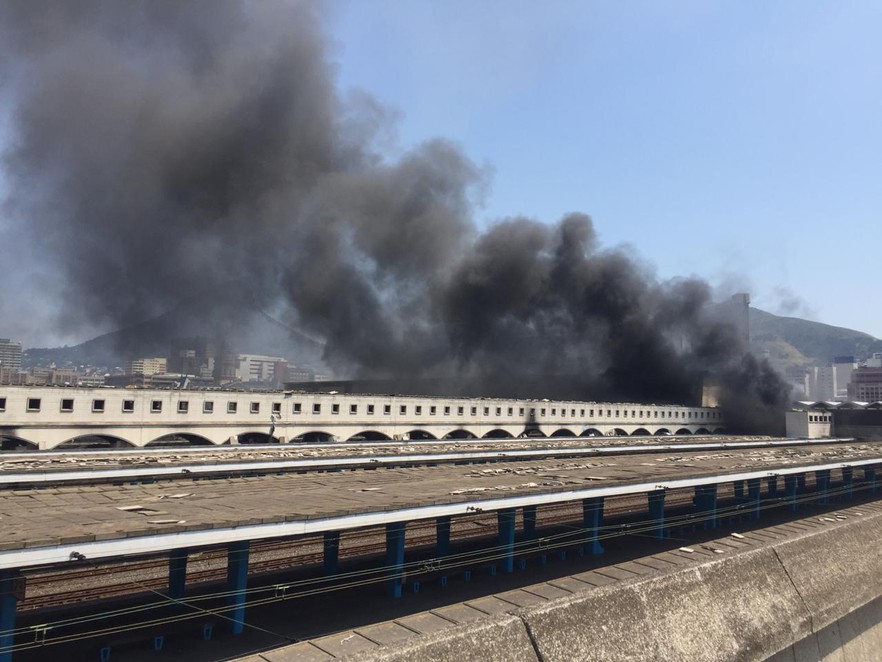PRASA fails to provide security plan to court
It was due in December

The Passenger Rail Agency of South Africa (PRASA) has still not provided the Cape High Court with an interim security plan that was due in December last year, which means that the rail network has been left without adequate security.
On 19 November 2019 three security companies — Sechaba Protection Services, Chuma Security Services, and Supreme Security Services — took PRASA to the Cape High Court for leaving the rail network vulnerable after PRASA ended their contracts without implementing any alternative safety measures.
Judge John Hlophe ordered PRASA to provide the court with an interim safety plan within a month until a new tender for security companies is finalised.
“The security is woefully inadequate and there’s no denying this fact,” Hlophe said during the court hearing.
Both PRASA’s media liaison, Nana Zenani, and commuter activist group #UniteBehind spokesperson have confirmed that PRASA still has not provided the court with this interim safety plan.
Zenani said that PRASA is still “finalising” the security plan, yet she could not provide a reason for the delay in providing it to the court. “The security plan is unfortunately confidential due to the nature of the details contained therein,” said Zenani.
Zenani also confirmed that PRASA continues to employ Chuma Security Services, but it does not employ Sechaba Protection Services or Supreme Security Services anymore.
In the court ruling, Judge Hlophe said: “The problem is there is no provision for the interim to protect the thousands of commuters every day.”
A day before this court ruling #UniteBehind released a statement stating: “We have been asking PRASA for a commuter-centred safety plan, which they have consistently failed to produce.”
#UniteBehind further said that it had been engaging with PRASA for nearly two years about implementing commuter safety measures on the trains.
“A safety and security plan must be placed before the court at the same time with a focus on protecting the vulnerable, particularly women, children and people with disabilities,” #UniteBehind said.
Support independent journalism
Donate using Payfast

Next: Budget Day marked by protests and marches
Previous: Concourt brings relief to children of foreign parents
© 2020 GroundUp.
This article is licensed under a Creative Commons Attribution-NoDerivatives 4.0 International License.
You may republish this article, so long as you credit the authors and GroundUp, and do not change the text. Please include a link back to the original article.
